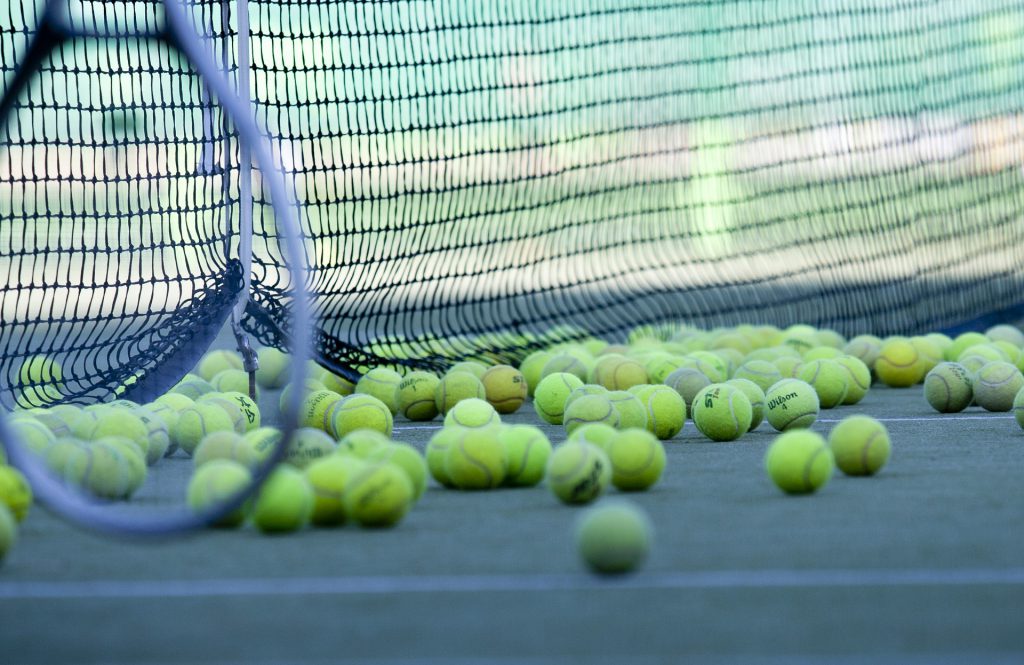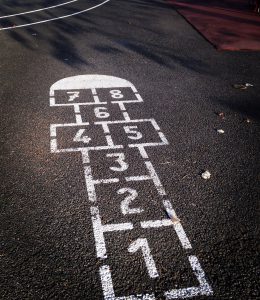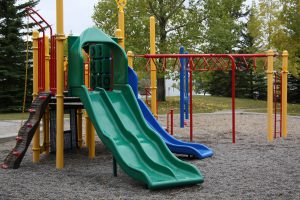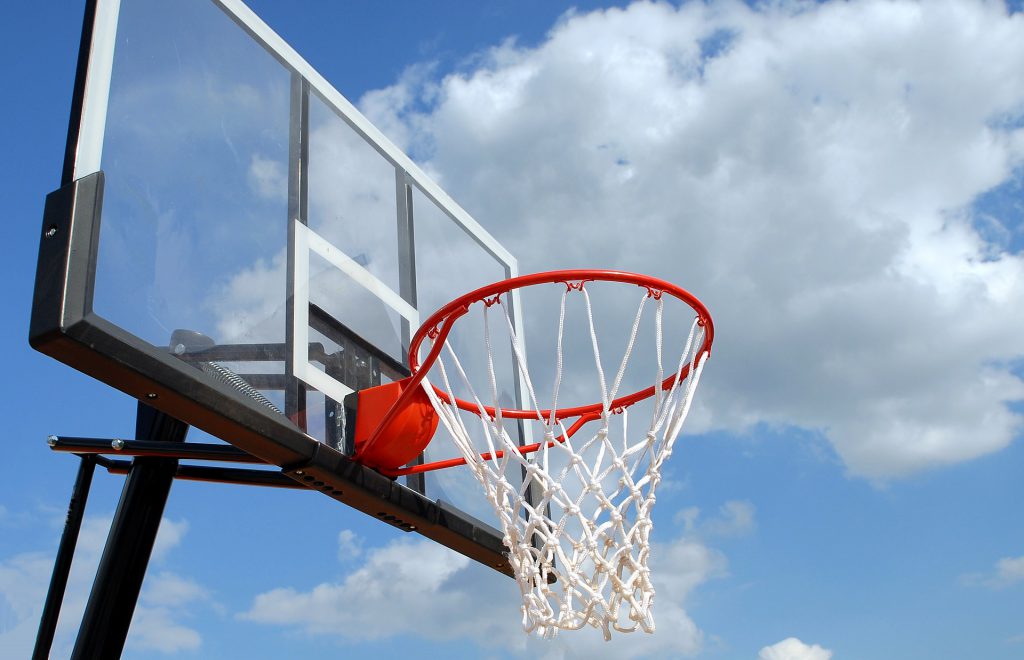Your child’s toddler and preschool years are the time to prepare them for kindergarten. While kindergarten may seem far off, there are many factors that go into kindergarten readiness, including gross and fine motor skills, that your child should be developing as they grow. Motor skills are related to your child’s physical abilities and muscular … Read More
Tag: development
What Time Is It, Mr. Fox?
Age-appropriate active games are a great way to help children grow and develop. They can challenge their mind while also challenging their physical fitness! One game your older preschooler or younger school-aged child can play with their friends is “What Time Is It, Mr. Fox?” To play, your child will need at least 2 other … Read More
Do You See What I See?
Regular exercise is essential to children’s physical development, but it’s also important to be mindful of their cognitive development. There are different developmental milestones children reach at different ages. These milestones are categorized into different types of development: Social/emotional Language/communication Cognitive (learning, thinking, problem-solving) Movement/physical Games can be a great way to help your child … Read More
Make Up a Story and Act it Out
Imagination is an important part of childhood development. As children imagine new possibilities, they learn to think outside the box and solve problems in unique ways. This kind of thinking is critical to their cognitive development. While some adults struggle with creative thinking, children usually don’t! Children often have wild and active imaginations, so why … Read More
Tennis
Tennis is a fast-paced sport played with either 2 players or 4. One player competes against another in singles tennis. In doubles tennis, four players are split into two teams and the two teams compete. Children who aren’t interested in playing a team sport may enjoy tennis as an alternative. Playing tennis regularly can improve heart … Read More
Hopscotch
Hopscotch is a children’s game that has lasted through the generations–and for good reason! No equipment is required and children enjoy making their own hopscotch spaces using sidewalk chalk. It’s also a great game for preschoolers to practice their motor skills by learning to control their movement while hopping on one foot. To play hopscotch, … Read More
Basketball
Basketball is a heart-pumping sport you can play year-round, whether on an indoor or outdoor court. Parks, schools, faith-based communities, and other locations near you may have a basketball court. Call in advance to see if the court has an open-use policy. Children who enjoy competitive play may love to give basketball a try! Younger … Read More
Physical Activity Through Childhood
Children at different ages may be at different developmental stages, but no matter your child’s age there are appropriate physical activities. For example, while infants can’t run and play the same way school-aged children can, they can still benefit from “tummy time” and playing with toys that engage their growing muscles and bones. Structured physical … Read More
Screen Time Breaks
Today’s technology has made it easier than ever to learn and gather new information. It also helps connect us with our out-of-town friends and family. Many children today are introduced to screen time (watching TV, playing video games, using a computer, etc.) at a young age, but it’s important to be mindful of the potential … Read More









